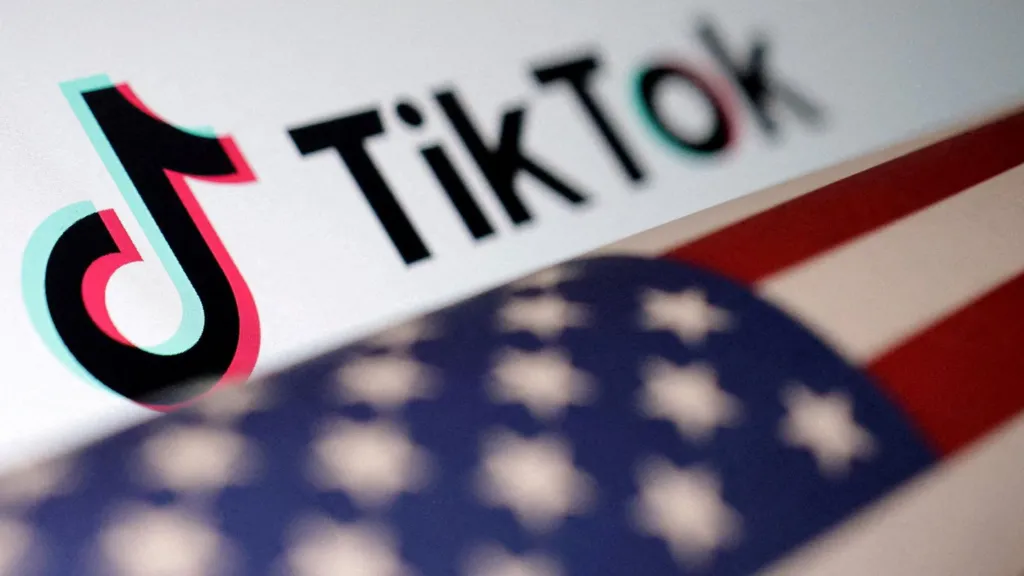Researchers at MIT have developed GenSQL, an advanced tool that streamlines the process of conducting complex statistical analyses on tabular data. Users can now achieve precise results with minimal input, thanks to this integration of probabilistic AI models with SQL.
GenSQL empowers users to make predictions, identify anomalies, impute missing values, correct errors, and generate synthetic data effortlessly. For instance, it can detect an abnormal blood pressure reading for a patient with a history of high blood pressure, even if the value falls within the normal range for the general population.
This tool seamlessly integrates a dataset with a probabilistic AI model, adapting its decision-making as new data becomes available. Moreover, GenSQL can generate synthetic data that mirrors real datasets, making it invaluable for scenarios where data privacy is paramount, such as with patient health records.
Built on SQL, a widely-used programming language for database management, GenSQL offers a familiar yet powerful interface for millions of developers. According to Vikash Mansinghka, a principal research scientist at MIT, GenSQL represents a significant advancement in querying both data and models, providing coherent and actionable insights.
In comparative studies, GenSQL outperformed popular AI-based data analysis methods, offering greater speed and accuracy. The system’s probabilistic models are transparent and editable, ensuring users understand and can modify the underlying processes.
Lead author Mathieu Huot emphasizes that GenSQL captures complex variable correlations and dependencies, making it accessible for a broad user base to query data and models without in-depth technical knowledge.
The research team, including MIT graduate students and collaborators from Digital Garage and Carnegie Mellon University, presented their findings at the ACM Conference on Programming Language Design and Implementation.
Enhancing Data Insights with GenSQL
SQL (Structured Query Language) enables users to manage and query database records efficiently. However, traditional SQL queries fall short when deeper insights are needed. Models can offer individualized interpretations of data, as opposed to generic trends from database records.
GenSQL bridges this gap by allowing users to query both datasets and probabilistic models in a straightforward programming language. This dual-query capability not only supports more complex queries but also enhances accuracy.
For example, a GenSQL query might assess the likelihood of a Seattle-based developer knowing the Rust programming language, capturing intricate dependencies that simple correlations might miss. The system’s auditable probabilistic models ensure transparency in decision-making, providing measures of calibrated uncertainty for informed decisions.
Superior Performance and Practical Applications
In evaluations, GenSQL demonstrated superior speed and accuracy compared to neural network-based methods, executing queries in milliseconds. Case studies highlighted GenSQL’s efficacy in identifying mislabeled clinical trial data and generating accurate synthetic data in genomics.
Future developments for GenSQL include broad applications in large-scale human population modeling and enhanced user accessibility through natural language queries. The ultimate aim is to create a ChatGPT-like AI expert capable of querying any database using GenSQL.
This research received funding from DARPA, Google, and the Siegel Family Foundation.
















